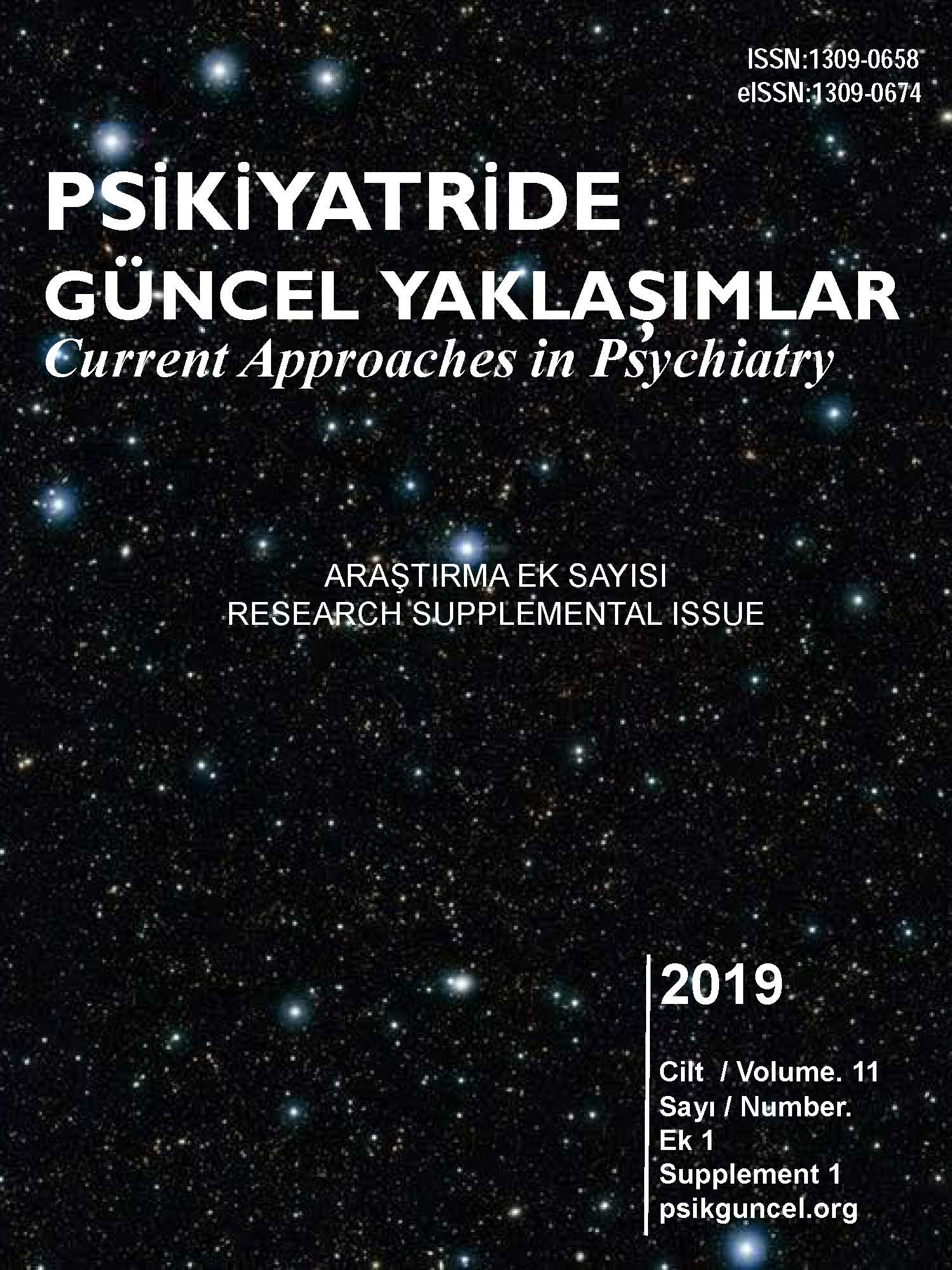The Relationship Between Coping Styles and Avoidance on Posttraumatic Growth in Type II Diabetes Patients
The Relationship Between Coping Styles and Avoidance on Posttraumatic Growth in Type II Diabetes Patients
Author(s): Mithat Durak, Emre Şenol DurakSubject(s): Clinical psychology, Health and medicine and law
Published by: Çukurova Universitesi Tip Fakultesi Psikiyatri Anabilim Dalı
Keywords: posttraumatic growth;stress;coping and stress;diabetes mellitus;
Summary/Abstract: Although there is a great deal of literature dedicated to the adverse effects of diabetes-related stress in these patients, the concept of posttraumatic growth has been studied in a few studies. The present study aims to examine the possible associations of the stressfulness of event, coping strategies, number of hospitalizations, number of children, and income on the posttraumatic growth in patients with diabetes. For this purpose, patients with Type-II diabetes (n=218) were recruited from various hospitals in Turkey. The model which is based on the “Life Crises and Personal Growth Model” of Schaefer and Moos was tested. Results revealed that when the effect of the number of hospitalizations, number of children, and income were controlled, higher problem-focused coping, seeking social support, avoidance coping styles, and cognitive avoidance were associated with higher posttraumatic growth. Considering the interventions to patients with diabetes in clinical settings, professionals specifically focus on problem-focused coping, seeking social support and avoidance.
Journal: Psikiyatride Güncel Yaklaşımlar
- Issue Year: 11/2019
- Issue No: Suppl. 1
- Page Range: 165-175
- Page Count: 11
- Language: English

